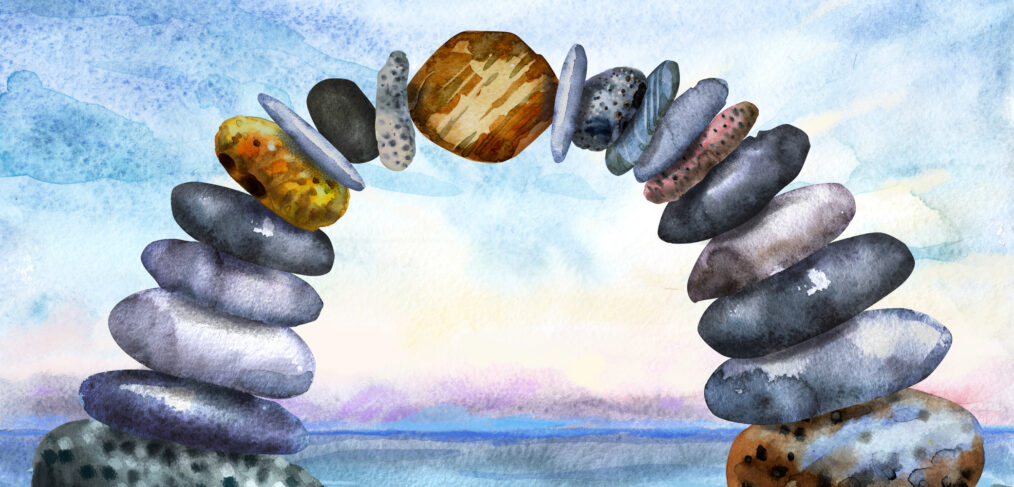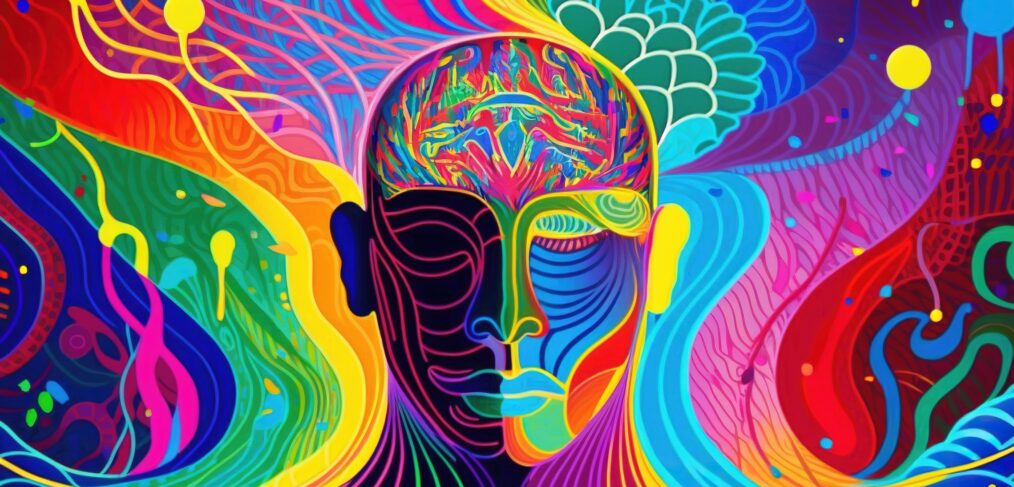Time is an enigma. We either have too much of it or too little of it. You can go from not finding a spare second to breathe to bemoaning a long, uneventful Sunday afternoon with nothing to do. Too little time can be overwhelming and exhausting, but too much time can be frightening. Busy people dream of a time when they can relax and recoup, but resting all the time quickly becomes tedious and unfulfilling. You might have productivity goals and be intentional about periods of rest, and ideally, these are balanced. On top of these, you might have creative endeavors that add meaning to your life, and these activities must be added to the equation. It seems straightforward, but for many, finding this balance is almost impossible.
I’ve seen a lot of examples of hypocrisy in recent years—people preaching about ideals then completely failing, in their words and actions, to live up to those ideals. Of course, none of us is perfect. Failing to live up to your vision for yourself and your life is not inherently hypocritical, and it’s good to have aspirational ideals—ideals you hope and plan to live up to. It’s entirely different to espouse an ideal and live your life completely contrary to it because it’s convenient or beneficial.
At the moment, I am making a concerted effort to live a healthier life—less drinking, healthier eating, and consistent exercise. Under “normal” circumstances, I can do that without too much temptation—typical working days, going to bed at a consistent time, and managing my energy. But when there’s a celebratory mood, or we have people over, or during a vacation or the holidays, the temptations are much more significant, and the rationalizations are easier.
One of life’s most important but most challenging aspects is achieving a state of balance. We are all eventually faced with a broad range of demands, passions, and responsibilities to which we cannot devote sufficient time or energy. We ultimately have to choose those activities that we either need or must spend more time with at the expense of others. You might base this on requirements or perceived requirements. You might disregard your responsibilities and focus on what you love, but regardless, at some point, you will have to choose what you do with your time.
Nobody is perfect in their habits. There will always be backslides and hiccups related to the good habits we strive for and the bad habits we strive to avoid or control. Sometimes, these lapses can be severe, and depending on the habits involved, they can have significant consequences. People have all kinds of habits, but it can be helpful to think about how they impact your life. Some habits contribute to or detract from your mental or physical health; others may add meaning to your life in various ways. Some may provide spiritual enrichment or a creative outlet. Some may seem easy, while others may be a constant struggle.





